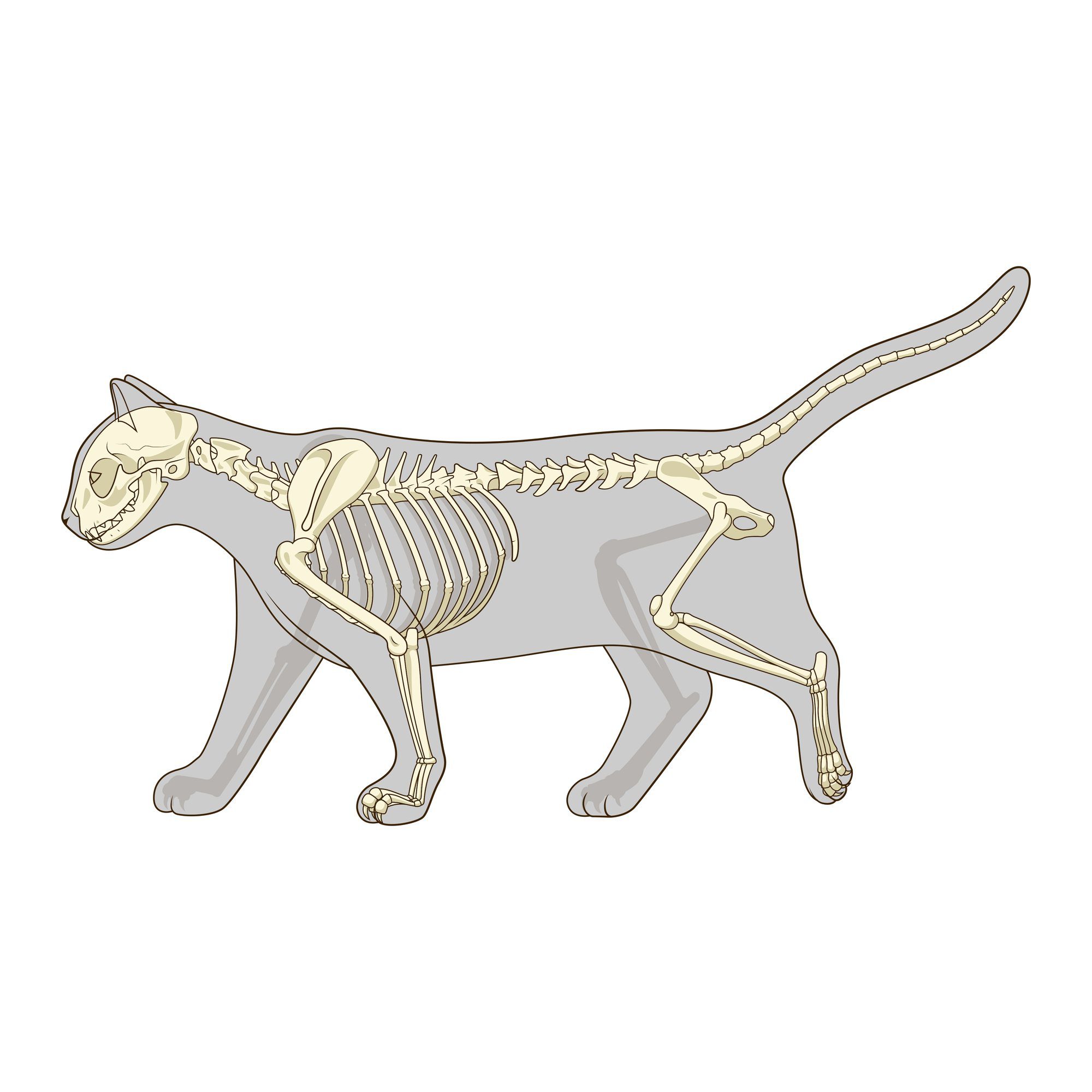Key Takeaways:
- Saint Bernards are large and powerful dogs, known for their gentle and friendly nature.
- They have a thick double coat that requires regular grooming to prevent matting and keep them comfortable.
- Saint Bernards need moderate exercise to stay healthy and happy, but they are not overly active dogs.
- Proper socialization from an early age is important to ensure that Saint Bernards get along well with other animals and people.
- These dogs are prone to certain health issues such as hip dysplasia and bloat, so regular vet check-ups and a balanced diet are crucial for their overall well-being.
Are you a dog lover? If so, get ready to embark on an exciting journey into the world of Saint Bernards! These gentle giants are not only adorable but also possess a range of unique characteristics that make them stand out from other dog breeds. Whether you're considering getting a Saint Bernard or simply want to learn more about these furry companions, understanding their breed characteristics and care is essential. Did you know that Saint Bernards are known for their incredible strength and rescue abilities? This makes them ideal for search and rescue missions in snowy mountainous regions. But caring for these lovable giants requires some special attention, as they have specific needs due to their size and temperament. So, by delving into this topic, you'll not only gain valuable insights into the fascinating world of Saint Bernards but also equip yourself with the knowledge needed to provide optimal care for these majestic creatures. Get ready to discover everything there is to know about Saint Bernard: Dog Breed Characteristics & Care!
What is a Saint Bernard dog and what makes it special?
Saint Bernards are large, gentle dogs that are known for their friendly nature and loyalty. They have a distinctive appearance with their thick fur, droopy jowls, and expressive eyes. These dogs were originally bred in the Swiss Alps to work as rescue dogs, and they have a natural instinct to help people in need. Saint Bernards are also known for their strength and endurance, which makes them excellent working dogs.
One of the things that makes Saint Bernards special is their ability to sense danger and provide comfort to those in distress. They have been trained to locate people who are lost or trapped in the snow and bring them back to safety. These dogs have saved countless lives over the years, earning them a reputation as heroes. In addition to their rescue work, Saint Bernards are also beloved family pets due to their gentle and patient nature.
The story behind the name of Saint Bernards and their role in rescue work
The name "Saint Bernard" comes from the Great St. Bernard Pass, a treacherous mountain pass between Switzerland and Italy where these dogs were originally bred. The pass was named after St. Bernard of Menthon, a monk who established hospices along the route to provide shelter for travelers.
In the 18th century, monks at the Great St. Bernard Hospice started using large dogs as part of their rescue efforts. These dogs were able to navigate through deep snow and locate lost travelers by scenting out human scent under layers of snow. The monks quickly realized that these dogs had an incredible talent for finding people in need, and they began breeding them specifically for rescue work.
Today, Saint Bernards continue to be used in search and rescue operations around the world. Their strong sense of smell, endurance, and gentle nature make them well-suited for this important role. They are trained to work in harsh conditions and are equipped with special equipment such as harnesses and backpacks to assist in their rescue efforts.
Caring for a Saint Bernard: grooming, exercise, and feeding
Grooming a Saint Bernard is an important part of their care routine. Their thick coat requires regular brushing to remove loose hair and prevent matting. Bathing should be done as needed, using a dog-specific shampoo to keep their skin healthy. It's also essential to regularly check their ears for any signs of infection and trim their nails to prevent overgrowth.
Exercise is crucial for a Saint Bernard's physical and mental well-being. While they may appear lazy due to their size, these dogs need regular exercise to maintain a healthy weight and prevent boredom. Daily walks or playtime in a securely fenced yard are recommended. However, it's important not to overexert them in hot weather or allow them to engage in strenuous activities that could put stress on their joints.
In terms of feeding, Saint Bernards have large appetites due to their size. A balanced diet that includes high-quality dog food is essential for their overall health. It's important not to overfeed them as obesity can lead to various health issues. Consulting with a veterinarian about the appropriate portion sizes and feeding schedule is recommended.
Are Saint Bernards good pets for families?
Saint Bernards can make great pets for families who have enough space and time to devote to these gentle giants. They are known for being friendly, patient, and good-natured with children, making them excellent companions for kids.
However, it's important to consider the size of a Saint Bernard before bringing one into a family environment. They are large dogs and need plenty of space to move around comfortably. A house with a securely fenced yard is ideal for them to play and exercise.
Additionally, Saint Bernards require regular grooming and exercise, as mentioned earlier. Families should be prepared to invest time in their care routine and provide them with daily exercise to keep them healthy and happy.
Understanding the friendly nature of Saint Bernards towards people and other animals
Saint Bernards have a reputation for being friendly and gentle, both with people and other animals. They are known for their patience and tolerance, making them great companions for families with children or multiple pets.
These dogs have a natural instinct to protect and care for those around them, which is why they excel in rescue work. Their friendly nature extends not only to their family members but also to strangers they meet. However, proper socialization from an early age is important to ensure that they develop good manners and behavior when interacting with others.
When it comes to other animals, Saint Bernards generally get along well with them if properly introduced. Early socialization can help prevent any potential issues. However, it's always important to supervise interactions between a Saint Bernard and smaller pets due to their size difference.
Common health issues in Saint Bernards and how to prevent them
Like all dog breeds, Saint Bernards are prone to certain health issues that potential owners should be aware of. One common health issue in this breed is hip dysplasia, which is an abnormal formation of the hip joint that can cause pain and mobility problems. Regular exercise on soft surfaces, maintaining a healthy weight, and avoiding excessive jumping can help prevent or minimize the risk of hip dysplasia.
Another health concern in Saint Bernards is bloat or gastric torsion, which is a life-threatening condition where the stomach twists and traps gas inside. Feeding them smaller meals throughout the day, avoiding exercise immediately after meals, and using elevated feeding bowls can help reduce the risk of bloat.
Regular veterinary check-ups, vaccinations, and preventive treatments for fleas, ticks, and heartworms are also essential to keep Saint Bernards in good health. It's important to work closely with a veterinarian to ensure their overall well-being.
How long do Saint Bernards live? Signs that they need medical attention
Saint Bernards have an average lifespan of around 8 to 10 years. However, with proper care and a healthy lifestyle, some can live up to 12 years or longer.
It's important for owners to be aware of signs that may indicate their Saint Bernard needs medical attention. These signs include sudden changes in appetite or water consumption, weight loss or gain, lethargy or lack of energy, difficulty breathing or excessive panting, limping or reluctance to move, vomiting or diarrhea that lasts more than a day, frequent urination or accidents in the house, and any noticeable lumps or bumps on the body.
If any of these signs are observed, it's best to consult a veterinarian for a thorough examination. Early detection and treatment of health issues can greatly improve the quality of life for Saint Bernards.
In conclusion, the Saint Bernard is a large and gentle dog breed known for its loyalty and strength. They require regular exercise, grooming, and proper training to ensure their well-being and happiness.
Are St. Bernard dogs high-maintenance?
Saint Bernard dogs are typically demanding pets that need a significant amount of care and attention from their owners. Taking care of these dogs involves providing them with proper nutrition through either commercially available dog food or homemade meals that contain a balanced mix of nutrients to promote their strength and overall health.
What is the personality of a St. Bernard?
The Saint Bernard is a laid-back and relaxed dog that doesn't require a lot of energy and moves at a slow pace. It is a quick learner but tends to respond in a methodical manner. The Saint Bernard is very loving and expressive towards its family and generally friendly towards unfamiliar people.
Is a St. Bernard a good family dog?
Saint Bernards are popular for their patient and affectionate nature, making them great companions for families and children. However, due to their large size and strength, it is important to start training them at a young age to walk properly on a leash and behave appropriately.
What do I need to know before getting a St. Bernard?
Owning a St. Bernard requires a substantial amount of time dedicated to exercise, grooming, and training. These dogs thrive on human interaction and do not fare well when left alone for extended periods. It is important to ensure that you have the necessary time and energy to meet their needs before bringing one into your home.
What are the cons of owning a St Bernard?
Cons. Saints are not very active dogs and need motivation to exercise. They might not be interested in toys, so their owner should be prepared to spend enough time with them to ensure they stay fit. It is also important to note that keeping a Saint's living area clean may be more challenging compared to smaller dogs.
Do Saint Bernards do well in hot weather?
The Saint Bernard needs to be exercised daily with a moderate walk or a quick jog. This breed prefers colder climates and does not tolerate warm weather well.
















